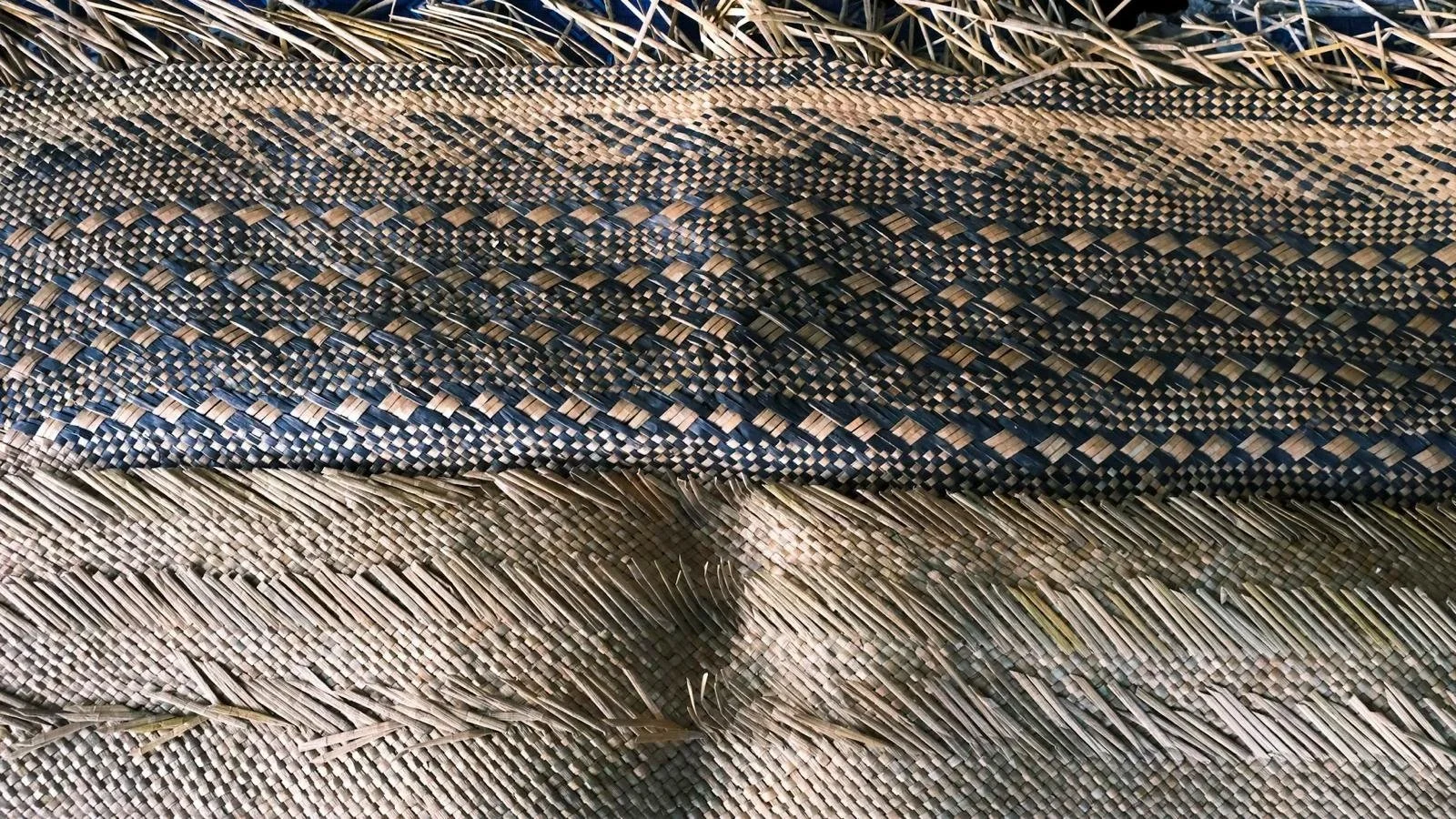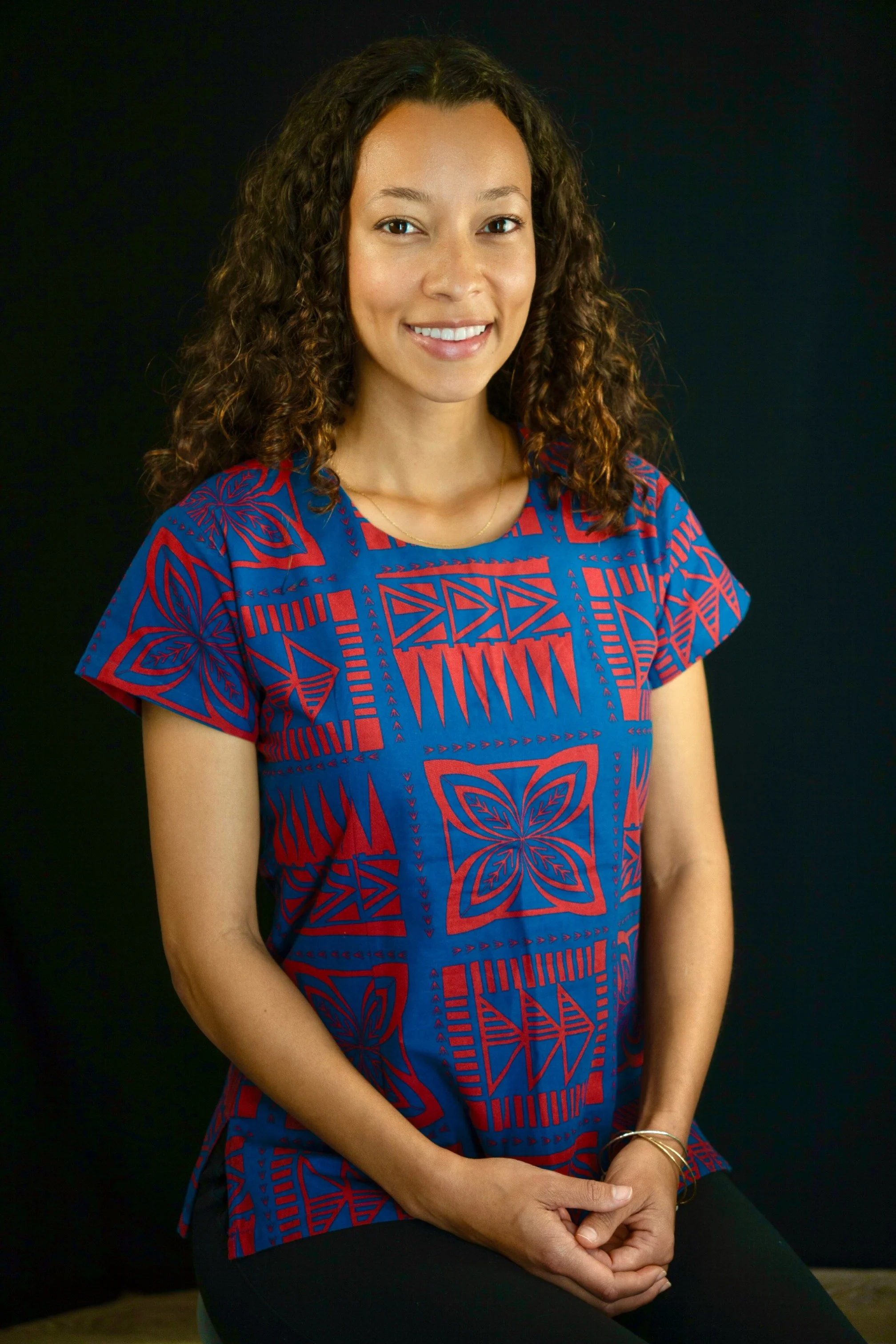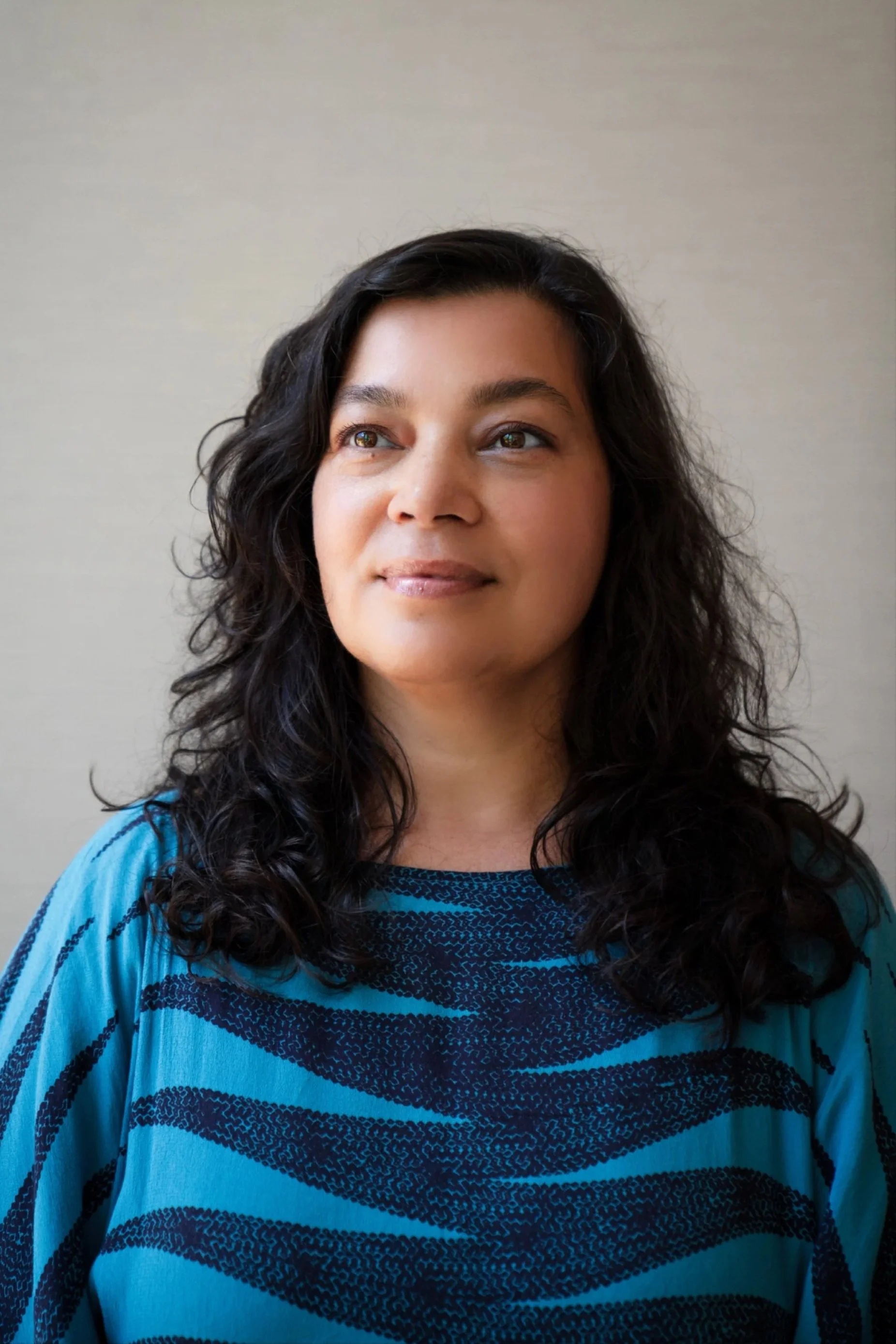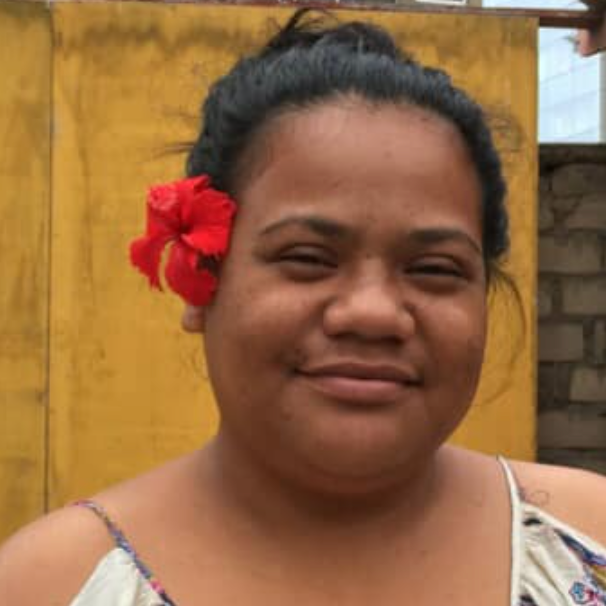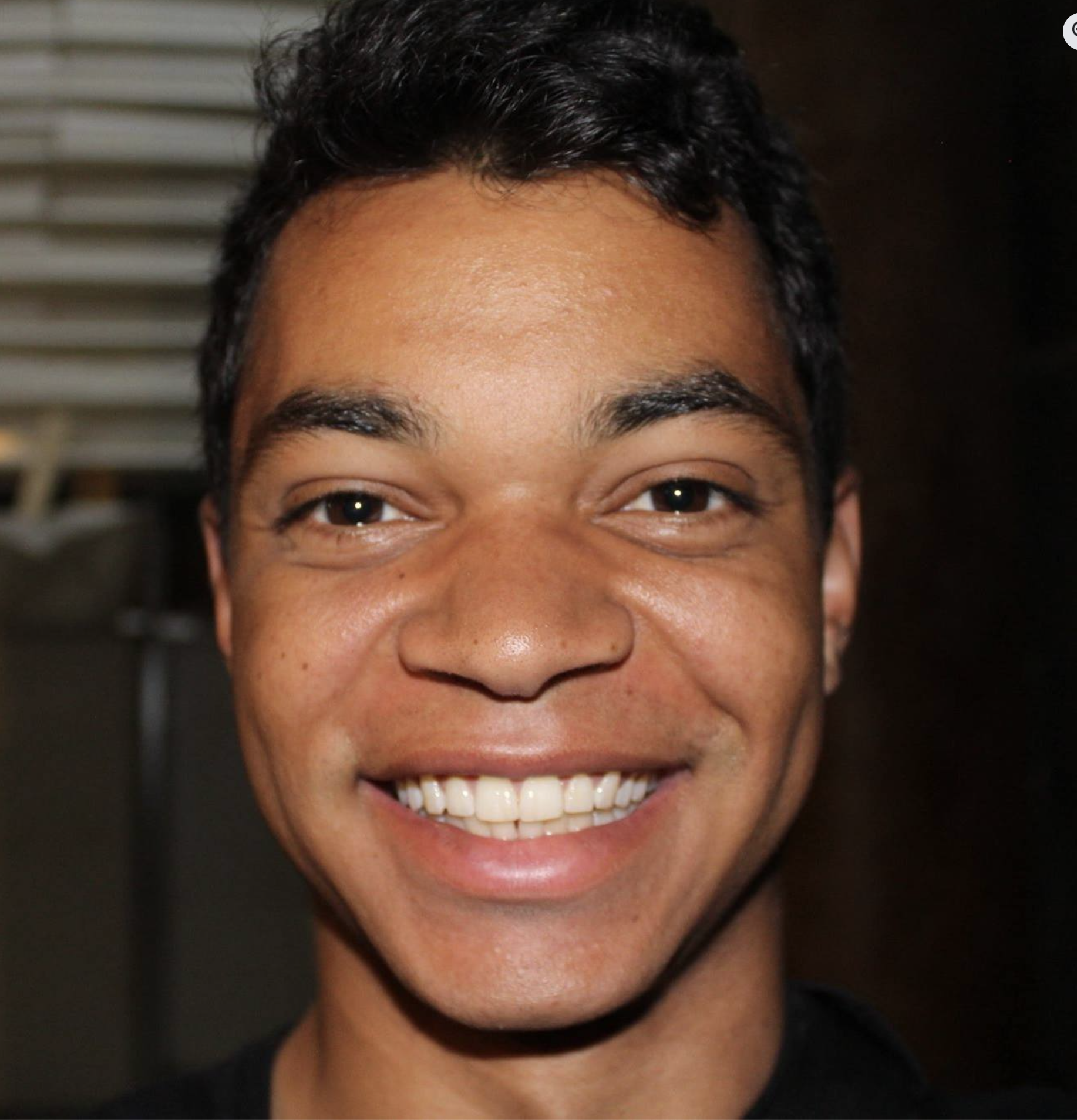Our Story
Moana Tasi means “One Ocean,” reflecting the unity and connection we share as we face the challenges of climate change together. In a time of climate-driven displacement and upheaval, Moana Tasi creates space for collaboration, cultural connection, and community-led dialogue.
As a Pasifika-led initiative, Moana Tasi is rooted in ancestral knowledge, lived experience, and deep ties to islands and ocean. We help preserve cultural identity, shape rights-based policy, and amplify Pacific voices in global conversations about justice, belonging, and care.
Our Approach
We focus on four interconnected areas, recognising there is no one-size-fits-all solution. Our holistic approach upholds dignity, justice, and wellbeing, addressing what climate change threatens to take from our Pacific communities.
-
For millennia, Pacific peoples have safeguarded their lands, waters, and skies through knowledge systems rooted in place, kinship, and ancestral responsibility. Moana Tasi ensures these systems lead the fight for climate justice, empowering Pacific communities to shape solutions that protect their peoples, cultures, and homelands.
-
Pacific peoples have always been frontline guardians of their environments, guided by ancestral wisdom that sustains life. Moana Tasi upholds this stewardship, ensuring Indigenous knowledge drives environmental governance and secures a just, enduring future for the islands of Oceania.
-
Climate change in Oceania is a profound human rights challenge, intersecting with histories of colonisation and threatening land, culture, and self-determination. Through advocacy, education, and legal empowerment, Moana Tasi cultivates island communities’ capacity to protect their heritage, influence policy, and defend their rights in the face of a changing climate.
-
Cultural identity and community connection are the foundation of dignity and self-determined futures. Moana Tasi nurtures spaces for intergenerational learning, heritage celebration, and the living practice of ancestral knowledge — protecting cultural rights as an essential part of climate justice across Oceania.
Who we are
We are a Tuvaluan- and Pasifika-led movement for climate justice, resilience, and dignity across our ocean homelands.
The Moana Tasi Project is a Tuvaluan- and Pasifika-led collective, born from a deep desire to see Pasifika shape their own narrative of climate resilience and justice — to reclaim the stories, knowledge, and approaches that safeguard our dignity and rights. It is a celebration of all that we are and all that we carry as Tuvaluan peoples, rooted in our strengths, culture, and wisdom. While our journey begins in Tuvalu, we warmly invite the wider Pacific to contribute to a cohesive and unified tapestry of visions, perspectives, and ideas about what justice looks like — now and for generations to come.
We unite expertise in law, health, grassroots organising, youth leadership, and media to create holistic, culturally grounded responses to climate change and climate-induced displacement. Guided by a council of elders and in close partnership with young people, we work intergenerationally to shape pathways for dignity, justice, and wellbeing across our oceanic homelands.
-
Founder
Naima Te Maile Fifita, a Tuvaluan lawyer and advocate, is a graduate of the William S. Richardson School of Law at the University of Hawaiʻi at Mānoa, specialising in environmental law and Pacific climate displacement. With over a decade of experience in law, policy, and community action, she works to ensure climate responses are just, inclusive, and rooted in Indigenous knowledge. Guided by her Baháʼí Faith, she has led in environmental justice, non-profit work, and policy reform, and is currently pursuing a Master’s in International Environmental Law on dignified climate migration for Pasifika. Based in Aotearoa New Zealand, she is a mother, wife, and active contributor to intergenerational and intercultural efforts for a just and unified future.
-
Cultural Consultant & Lead FacilitatorMunirih R. Taafaki, MS, CCRP is Tuvaluan born in Tarawa, Kiribati (Gilbert and Ellice Islands colony) with family connections to the islands of Nukufetau and Funafuti, through her father, Falai Riva Taafaki. She is faculty at the John A. Burns School of Medicine (JABSOM), University of Hawai‘i at Mānoa (UHM), where she teaches courses on clinical trials, research ethics, and cultural competency in biomedical research. She obtained her MS in Clinical and Translational Research and is pursuing her doctorate in Public Health at UHM. Her community-based interests focus on Pacific Islander health and well-being particularly healthcare accessibility, rights, and advocacy; and the impacts of climate change on health. She has over 15 years of knowledge and experience in human study participant protection, research and cultural competency training.
-
Cultural Consultant & Lead Facilitator
-
Cultural Consultant & StrategistLotonui Naisali is a proud descendant of Tuvalu and Tokelau, raised in a close-knit Tuvaluan community and grounded in the values of church and family. A mother of three, she has dedicated her life to preserving and promoting her cultural heritage. With over a decade of experience as a specialist in strategy, engagement, and partnerships, she is also a passionate Tuvaluan language tutor. Lotonui’s focus is on the maintenance and promotion of Tuvaluan and Tokelauan culture, particularly within the diaspora, ensuring that future generations stay connected to their roots.
-
FacilitatorLisepa Fianta Seve Paeniu is Indigenous to the islands of Nukulaelae and Funafuti in Tuvalu. She is currently pursuing a doctorate in anti-corruption law reform in Tuvalu as a recipient of the University of Otago Pacific Islands Doctoral Scholarship. Lisepa holds two Master of Laws degrees: one in International Human Rights Law (2015) and another in Environmental Law and Sustainability (2023). She has served as a government lawyer in both Tuvalu and Nauru, with expertise in legislative drafting, litigation, and law reform. Her research interests include the intersections of climate justice, constitutional law, and the tensions between postcolonial customary legal systems and inherited British legal frameworks.
-
Film & Media ConsultantTaafaki Moore is currently attending the School of the Arts at Columbia University in New York City for a Master’s Degree in Writing for Film and Television. He is Tuvaluan, Black, and Native-American screenwriter and producer. Born in Los Angeles and raised in Honolulu, with a background in media management and film production, Taafaki is committed to creating and telling stories that empower communities and spark meaningful dialogue at the grassroots.
-
Cultural Consultant
Tuvaluan-British by birth, Jane was born in England and lived in India until she was 11, before her family moved to the USA for her parents’ graduate school education. After university, she moved to the Marshall Islands for seven years before pursuing her Master’s in Honolulu, Hawaii where she worked for 15 years before moving to Oamaru, Otago to do her PhD studies. Her research was focused on the lived experiences of rural Tuvaluan migrants navigating the Aotearoa New Zealand healthcare system.
Jane's postdoctoral fellowship at the Va’a o Tautai - Centre for Pacific Health is on creating a model for COVID-19 response, based on the experiences of a small rural Otago Pacific Organisation. She is also heavily involved with a number rural health and school of Physiotherapy studies relating to COVID-19, Pasifika health and long-term musculoskeletal injuries of Pasifika meat workers.
Jane is married with three beautiful daughters. She is currently a full-time researcher within the Va’a o Tautai – Centre for Pacific Health, and has a role teaching the Pacific Health curriculum in Health Professional Programmes in the Division of Health Sciences.

